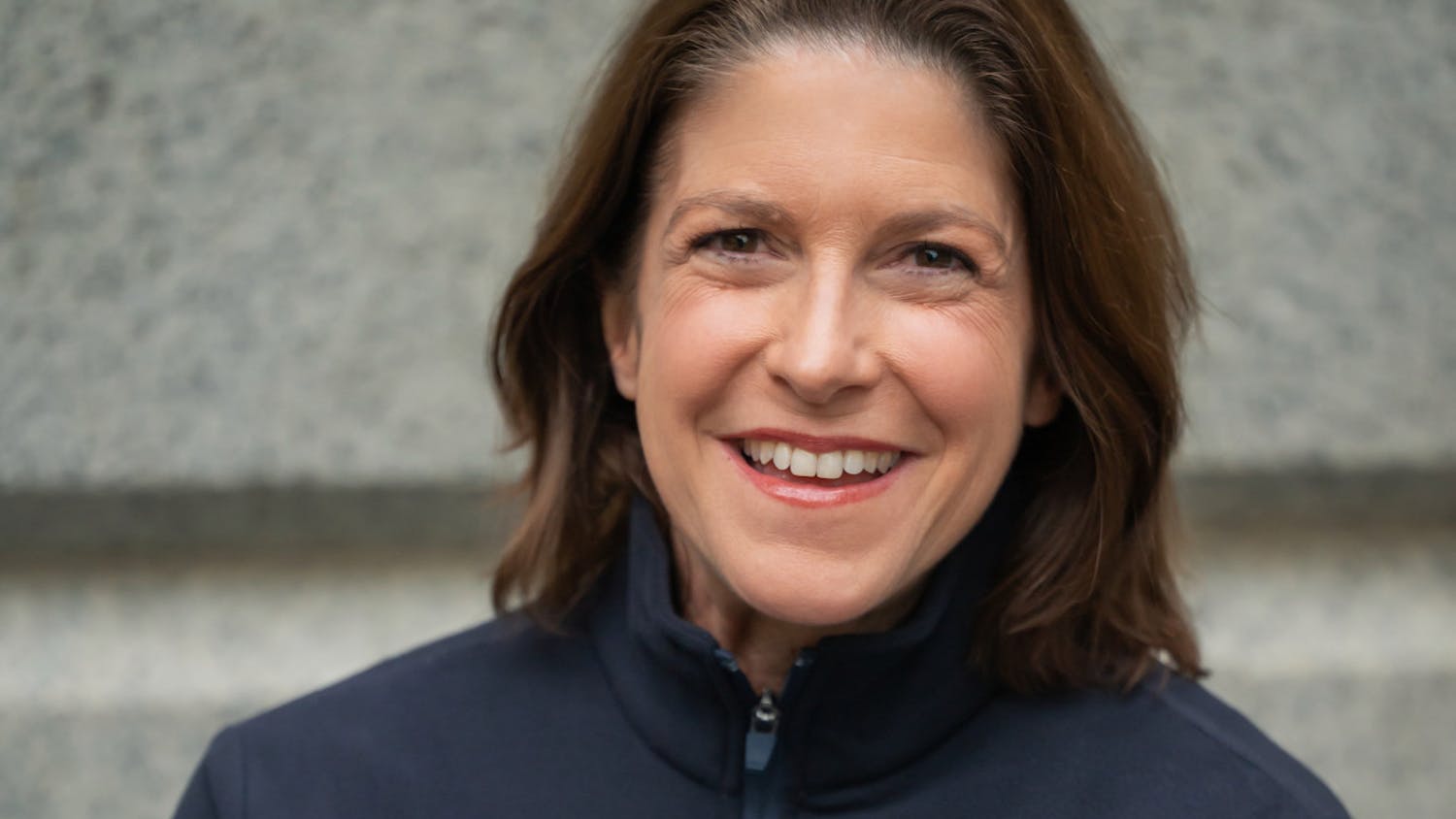President Barack Obama's executive order allowing the children of illegal immigrants to defer their deportation for two years went into effect Aug. 15, due in large part to the efforts of Daniela Pelaez '16, a Miami resident who moved to the United States with her parents illegally when she was four years old, according to Nera Shefer, Pelaez's immigration attorney and an advocate for undocumented youth.
Pelaez, the valedictorian of her North Miami Senior High School class, was told that she would be deported and not allowed to graduate from high school until her classmates organized a protest that attracted the attention of the national media. She has since become a symbol for immigration reform for young people.
Shefer, who first met Pelaez after the latter's request to have her deportation deferred had been denied, decided to take her case pro bono because she saw an "opportunity" in Pelaez's situation. Over 2,500 students, school administrators and members of Congress had petitioned to grant Pelaez "deferred action."
Pelaez was at the top of her high school class, her father was already a permanent resident of the United States and her brother was enlisted in the U.S. military all factors that made Pelaez's case exactly what the proposed DREAM Act, which would allow illegal immigrants who arrived in the country as minors and who have completed high school and spent the last five years in the country to become citizens, intends to remedy.
"Finally we have something good about [undocumented youth] to show the world and to show Washington," Shefer said. "Attracting that attention was once-in-a-lifetime, and if she didn't take it, then it wouldn't come around again, and she wouldn't have had the opportunity to do this for herself or for anyone else."
After her request for deferred action was approved thanks to an expedited process instigated by the support of her local Congressional representatives and of the media Pelaez and Shefer flew to Washington, D.C., to speak with policymakers interested in her case, Pelaez said. In addition to meeting with U.S. Rep. David Rivera, R-Fla., and Senate majority leader Harry Reid, D-Nev., Pelaez and her lawyer were able to speak with some of Obama's presidential advisors.
"Immigration has just been statistics, but I got to put a face to the cause," Pelaez said.
Pelaez's acceptance into Dartmouth helped Washington officials many of whom are graduates of Ivy League schools relate to her cause, Shefer said.
"One of my main points was this is who she is, she has long been part of this community, and in addition to that, she was accepted to one of the best schools in America," she said.
This case is especially important to the cause because Pelaez was willing to publicize her family's status as illegal immigrants, despite the chances of being deported and the embarrassment about not being citizens of the country. Up until the day before the protest, Pelaez said she had to convince her father that it was the right thing to do.
"Most of these [undocumented youth] came here at a very young age, and they feel American," Shefer said. "Then, they find out the cruel reality that they don't belong here legally."
While Pelaez said she knows that she is not the only Dartmouth student affected by immigration laws, she is the only one who has made her struggle public.
Pelaez said she has felt some of the negative consequences of making her citizenship status public, especially through the often negative comments that accompany newspaper articles published on the Internet. Commenters have written that Jesus and the Bible say that she should be deported.
"I've learned to live with it," Pelaez said.
Although there are some notable exceptions, including an immigration reform hunger strike organized in November 2010, Dartmouth students have generally not fought for immigration rights, according to Geovanni Cuevas '14, a member of La Unidad Latina and Lambda Upsilon Lambda Fraternity, Inc.
"There are no organizations on campus that can say they have consistently and thoroughly advocated for the DREAM Act," Cuevas said in an email to The Dartmouth. "The general indifference is typical of Dartmouth students and political issues. People here do not like talking about points of contention, or at the very least we've yet to find a suitable forum for expressing them."
While some Dartmouth students have shown interest in immigration issues, it is difficult to get a campus so far removed from the problem to engage in it fully, according to Institute for Writing and Rhetoric professor Claudia Anguiano, who teaches speech classes at the College and has been involved with Latino student organizations.
"It's challenging to speak to an issue that doesn't have the same immediate consequences as if you were in New Mexico," Anguiano said.
Anguiano said that regardless of the Dartmouth community's level of engagement, the issue of illegal immigration will likely be an important topic in the national political debates as the presidential election season approaches.
Obama passed his executive order to grant undocumented youth deferred action in June, one month after Shefer and Pelaez traveled to Washington to promote their cause. Although some political analysts say that Obama was motivated by the upcoming elections, Shefer said it is a step in the right direction.
"I wouldn't focus on what the motive is I would focus on the results," Shefer said. "It was the right thing to do because Congress hasn't passed a law. They have ignored the issue for too long."
While the executive order has bought Pelaez some time, her fight to remain in the country is not yet over Pelaez said she will spend the next two years finding a way to gain U.S. citizenship, most likely through her father, who is already a permanent resident of the United States. Shefer and Pelaez also said that they will continue to fight for more comprehensive immigration reform.
"It doesn't stop here," Shefer said. "It's a good accomplishment, but it's not the goal."



